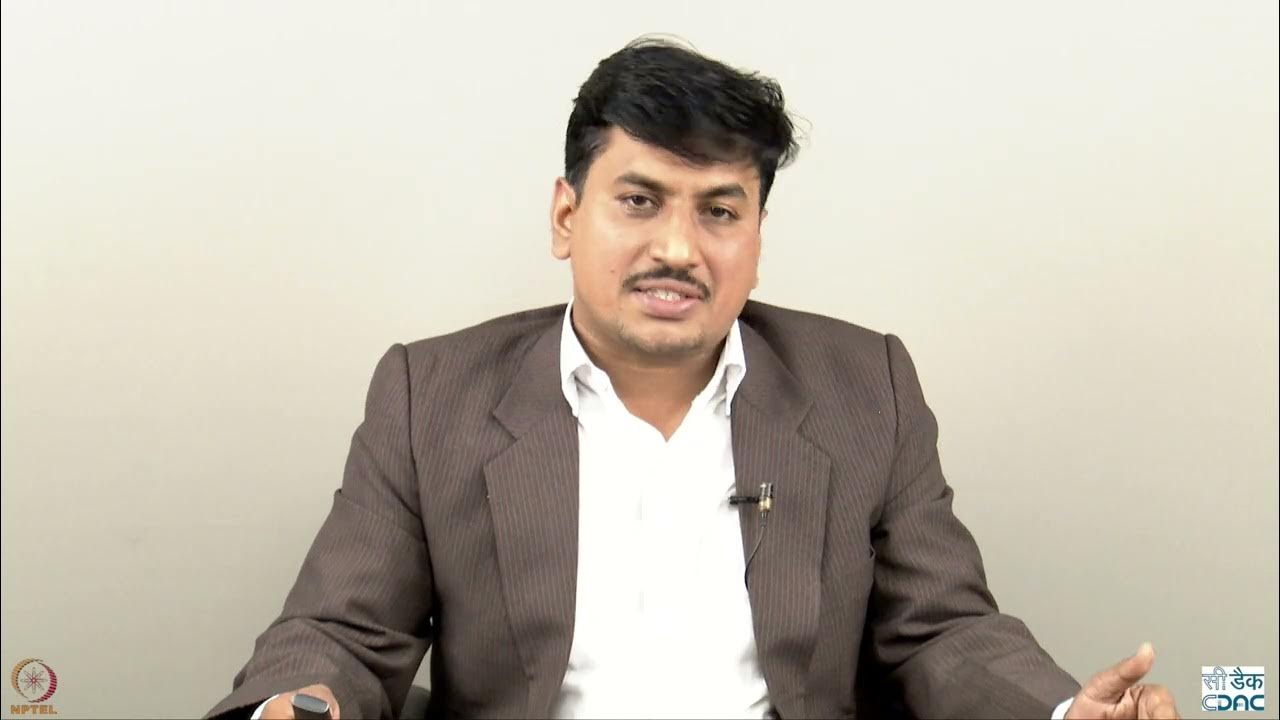Lecture 01 Introduction to SA
Summary
TLDRThis video introduces the role of a systems administrator (SA), who ensures the smooth operation of computing systems. It covers SA tasks like user and hardware management, software installation, security, and troubleshooting. The script emphasizes the importance of patience, tenacity, and strong organizational skills for SAs. It also discusses the challenges, such as dealing with user frustration and long hours, and highlights the value of documentation and the Systems Administrators Guild. The video concludes with insights on SA training, certifications, and key principles like policy, predictability, and scalability.
Takeaways
- 👨💻 Systems Administration (SA) involves managing computing systems to ensure they run smoothly and efficiently for users.
- 👥 SA tasks include user management, hardware and software management, security management, system monitoring, and troubleshooting.
- 🛠️ SA professionals are expected to perform backups, maintain documentation, and manage licenses.
- 💡 Automation and planning are crucial for system scalability, assessing new technologies, and avoiding potential problems.
- 🔑 Essential qualities for an SA include patience, tenacity, strong organizational skills, logical reasoning, and ethical behavior.
- 🌟 Benefits of being an SA include job variety, challenges, employability, and the opportunity for continuous learning.
- 😕 Downsides may include occasional user frustration, long working hours, and the expectation to solve every problem.
- 🤝 The Systems Administrators Guild (SAGE) is a professional body that promotes the visibility and recognition of SA as a profession.
- 📚 SAGE provides resources like job descriptions and guidelines to help SA professionals at various levels.
- 🏆 Certifications and trainings, such as those from Microsoft, Red Hat, and LPI, can be beneficial for SA professionals to enhance their skills.
- 🛡️ Key principles in SA include policy foundation, predictability, scalability, and the principle of minimum privilege.
Q & A
What is the role of a systems administrator?
-A systems administrator, also known as an SA, is a professional responsible for ensuring that computing systems work effectively. They manage, maintain, and troubleshoot systems to ensure they run smoothly and efficiently, facilitating user productivity.
What are some key tasks of a systems administrator?
-Key tasks of a systems administrator include user management, hardware and software management, maintaining resources like disks, memory, and CPU, security management, system monitoring and troubleshooting, documentation, and providing help desk support.
Why is automation important in systems administration?
-Automation is crucial for systems administrators as it helps to streamline repetitive tasks, increase efficiency, reduce human error, and free up time for more complex problem-solving and strategic planning.
What are some personal qualities that are beneficial for a systems administrator to possess?
-Systems administrators should have patience, tenacity, strong organizational skills, well-developed logic, reasoning, and critical thinking skills, and ethical behavior. These qualities help them handle the challenges and responsibilities of their role effectively.
What does the Systems Administrators Guild (SAGE) do?
-SAGE is a professional body for practicing systems administrators, established to increase the visibility and recognition of systems administration as a profession. It provides resources, guidelines, and a community for systems administrators worldwide.
What are the different levels of systems administration as per the Systems Administrators Guild?
-The Systems Administrators Guild categorizes systems administration into four levels: Level 1 (Novice), Level 2 (Junior), Level 3 (Intermediate), and Level 4 (Senior). Each level represents increasing experience, education, and responsibilities.
What are some certifications that can be helpful for a systems administrator?
-Certifications such as those from Microsoft, Red Hat, Novell, Linux Professional Institute (LPI), CompTIA, and O'Reilly School of Technology can be beneficial for systems administrators, providing specialized knowledge and industry recognition.
Why is ethical behavior important for a systems administrator?
-Ethical behavior is important for systems administrators to ensure honesty, fairness, and equity in their professional and academic relationships. It also helps in maintaining the privacy and rights of individuals and groups within the organization.
What is the significance of the 'mantra' for a systems administrator?
-The mantra for a systems administrator, 'The computer environment does not exist solely for the amusement of the systems administrator,' serves as a reminder to prioritize the needs of the users and the organization over personal interests or amusement.
How does a systems administrator manage the life cycle of a computer system?
-A systems administrator manages the life cycle of a computer system by moving it through states such as new, build, clean, configured, unknown, debug, rebuild, and retire. Each state represents a phase in the system's life, from initial setup to eventual decommissioning.
Outlines

Этот раздел доступен только подписчикам платных тарифов. Пожалуйста, перейдите на платный тариф для доступа.
Перейти на платный тарифMindmap

Этот раздел доступен только подписчикам платных тарифов. Пожалуйста, перейдите на платный тариф для доступа.
Перейти на платный тарифKeywords

Этот раздел доступен только подписчикам платных тарифов. Пожалуйста, перейдите на платный тариф для доступа.
Перейти на платный тарифHighlights

Этот раздел доступен только подписчикам платных тарифов. Пожалуйста, перейдите на платный тариф для доступа.
Перейти на платный тарифTranscripts

Этот раздел доступен только подписчикам платных тарифов. Пожалуйста, перейдите на платный тариф для доступа.
Перейти на платный тарифПосмотреть больше похожих видео
5.0 / 5 (0 votes)






